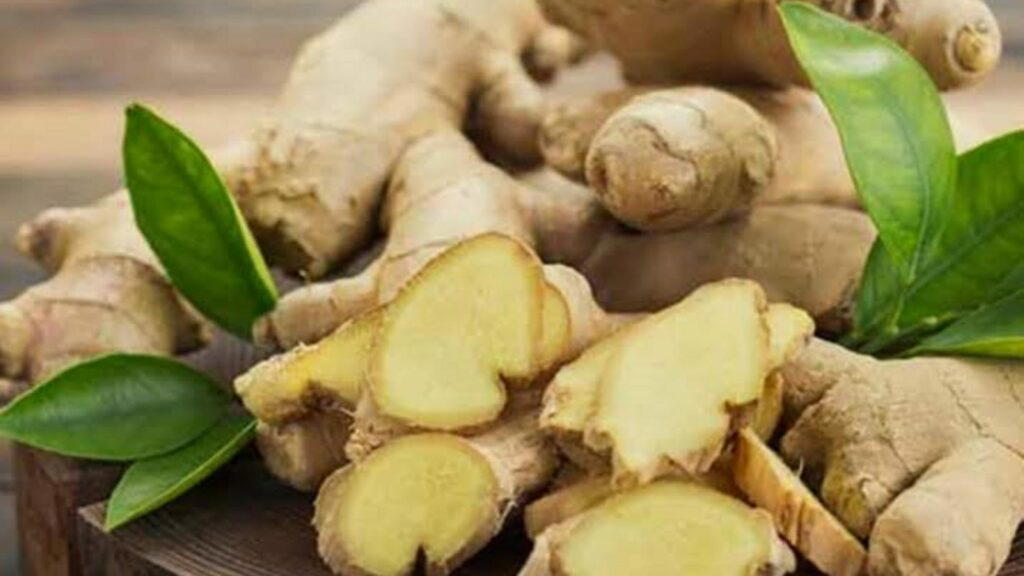
By Sola Ogundipe
In an unexpected revelation that may have you rethinking your spice cabinet, a leading medicines expert is sounding the alarm: three popular household spices commonly found in Nigerian kitchens could render life-saving drugs ineffective or dangerously potent. Cinnamon, turmeric, and ginger – often touted for their natural health benefits – have been flagged for their potential to interfere with how the body processes a wide range of medications, including those for high blood pressure, diabetes, and infections.
The startling warning comes on the heels of a recent study highlighting the impact of cinnamaldehyde, the key compound giving cinnamon its distinctive aroma and flavour.
While a sprinkle of cinnamon on your morning tea or pap might be harmless, health professionals caution against the regular consumption of high-dose cinnamon supplements.
According to Shabana Khan, a scientist, the compound can activate receptors that accelerate the body’s drug metabolism, potentially flushing crucial medications out of the system too quickly and diminishing their intended effects.
“Over-consumption could lead to a rapid clearance of the prescription medicine from the body, and that could result in making the medicine less effective,” explained Khan.
Adding to the concern, a seasoned pharmacist, Professor Dipa Kamdar, pointed out that for certain medications, the accelerated metabolism triggered by cinnamon can have the opposite, equally dangerous effect.
For common blood thinners like aspirin and warfarin, this rapid processing could aggravate the drug’s effects, significantly raising the risk of potentially fatal bleeding.
Experts are now emphasizing that even the type of cinnamon matters. While “true” cinnamon from Sri Lanka boasts antioxidant and anti-inflammatory properties, the more common and affordable cinnamon bark found in most supermarkets contains high levels of coumarin, a compound that can inflict liver damage in high quantities.
Furthermore, research hints at potential interactions between cinnamon and other widely used medications like statins and antidepressants, potentially altering their potency.
Also involved in the spice saga, turmeric, a vibrant yellow staple in many Nigerian dishes and health remedies, has come under scrutiny. Celebrated for its anti-inflammatory prowess, there is evidence suggesting that curcumin, turmeric’s active ingredient, can disrupt liver enzymes responsible for drug metabolism.
This interference, experts say, could impact the effectiveness of antidepressants, blood pressure medications, chemotherapy drugs, and certain antibiotics. Worse still, extreme cases involving high doses of curcumin, often taken with black pepper to enhance absorption, have been linked to severe liver damage.
A study published in The American Journal of Medicine documented 10 cases of turmeric-associated liver injury in the US between 2004 and 2022, resulting in five hospitalizations and one tragic death from acute liver failure. The case of a 62-year-old woman taking turmeric for arthritis, alongside other medications, serves as a stark reminder of the potential dangers.
Another kitchen favourite fingered in the controversy is ginger, widely lauded for its anti-nausea and anti-inflammatory properties. Experts note that its use also warrants caution.
According to Kamdar, active compounds in ginger could interfere with the body’s ability to process medications. Studies suggest that high doses of ginger might lower blood sugar levels, potentially amplifying the effects of diabetes medication and risking dangerous hypoglycemia. Ginger can also act as a mild blood thinner.
With millions on prescription blood thinners, the potential for dangerous interactions with high-dose spice supplements is a growing concern, especially as the use of anticoagulants is set to increase.
Kamdar urged individuals taking regular medication, particularly blood thinners, diabetes medicines, or chemotherapy drugs, to consult their doctors or pharmacists before incorporating high doses of herbal supplements into their routine.
“But for most people, using spices in typical culinary amounts is safe. So go ahead: sprinkle, pinch, or dash—just be mindful of what’s in your medicine cabinet—and be wary of taking any herbal supplement in high doses.”
The message is clear: while these common spices offer culinary delight and potential health benefits in moderation, their concentrated forms in supplements could pose a significant and previously underestimated risk to those on prescription medications.
The survey underscores the complexity of spice-medication interactions, highlighting the need for caution, especially with high-dose supplements. As research continues to evolve, staying informed and consulting the experts will be crucial for safely enjoying the benefits of cinnamon, turmeric, and ginger.
The post Beware! Popular household spices are silently sabotaging your medications appeared first on Vanguard News.